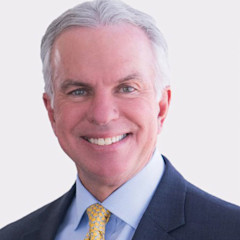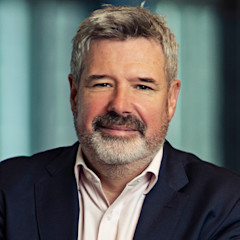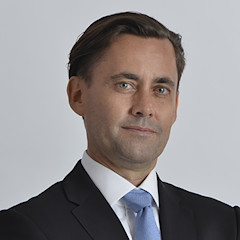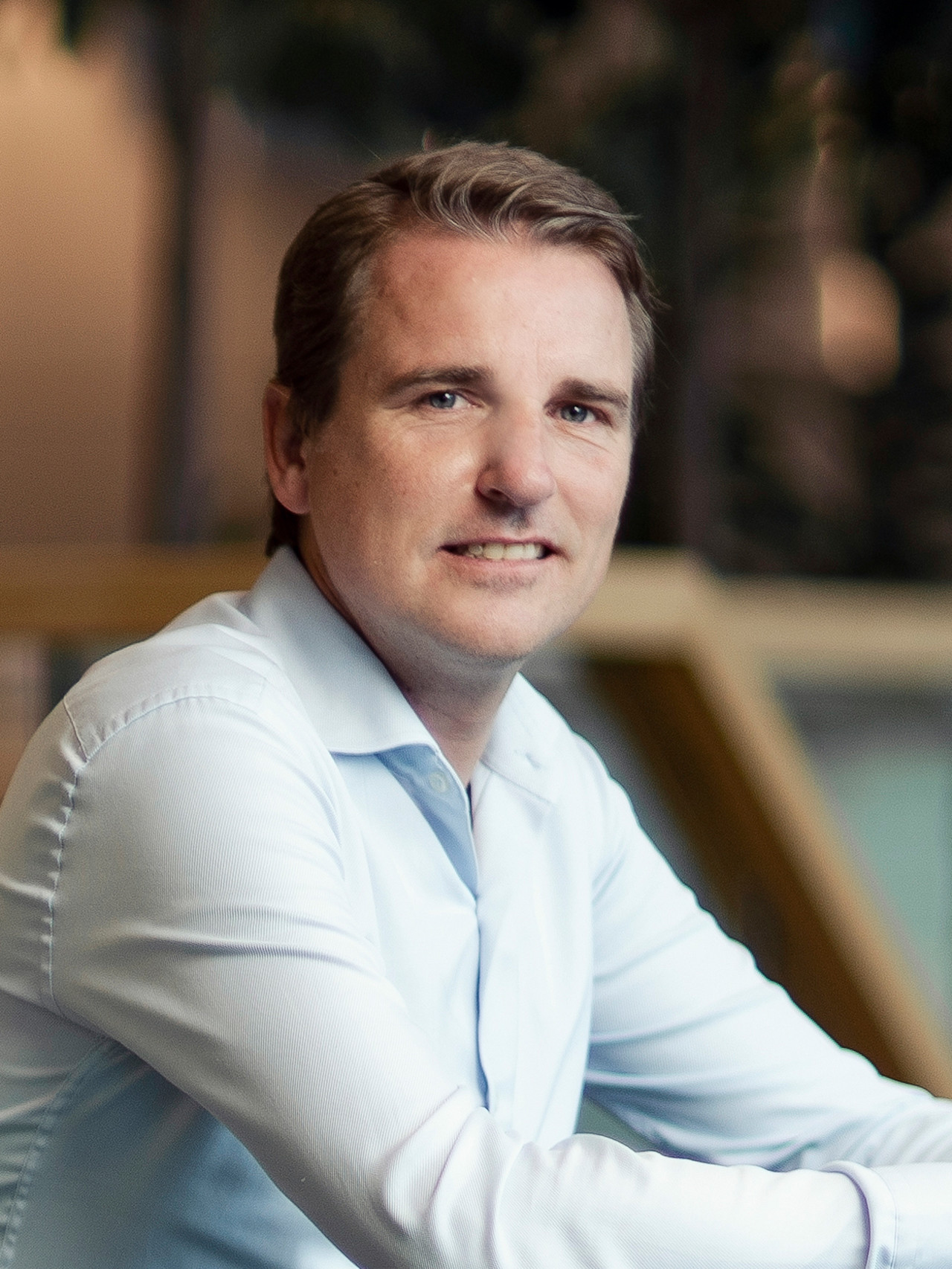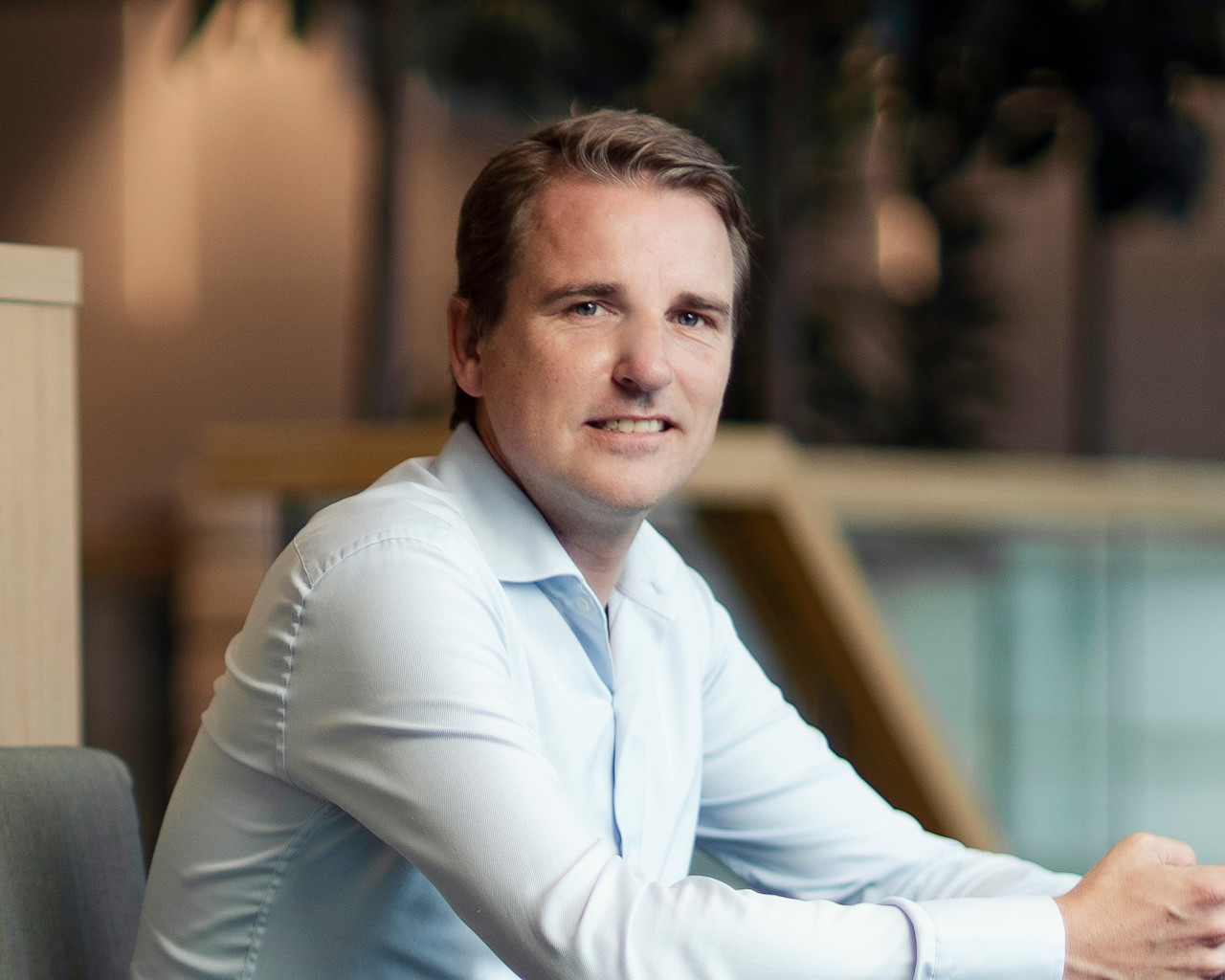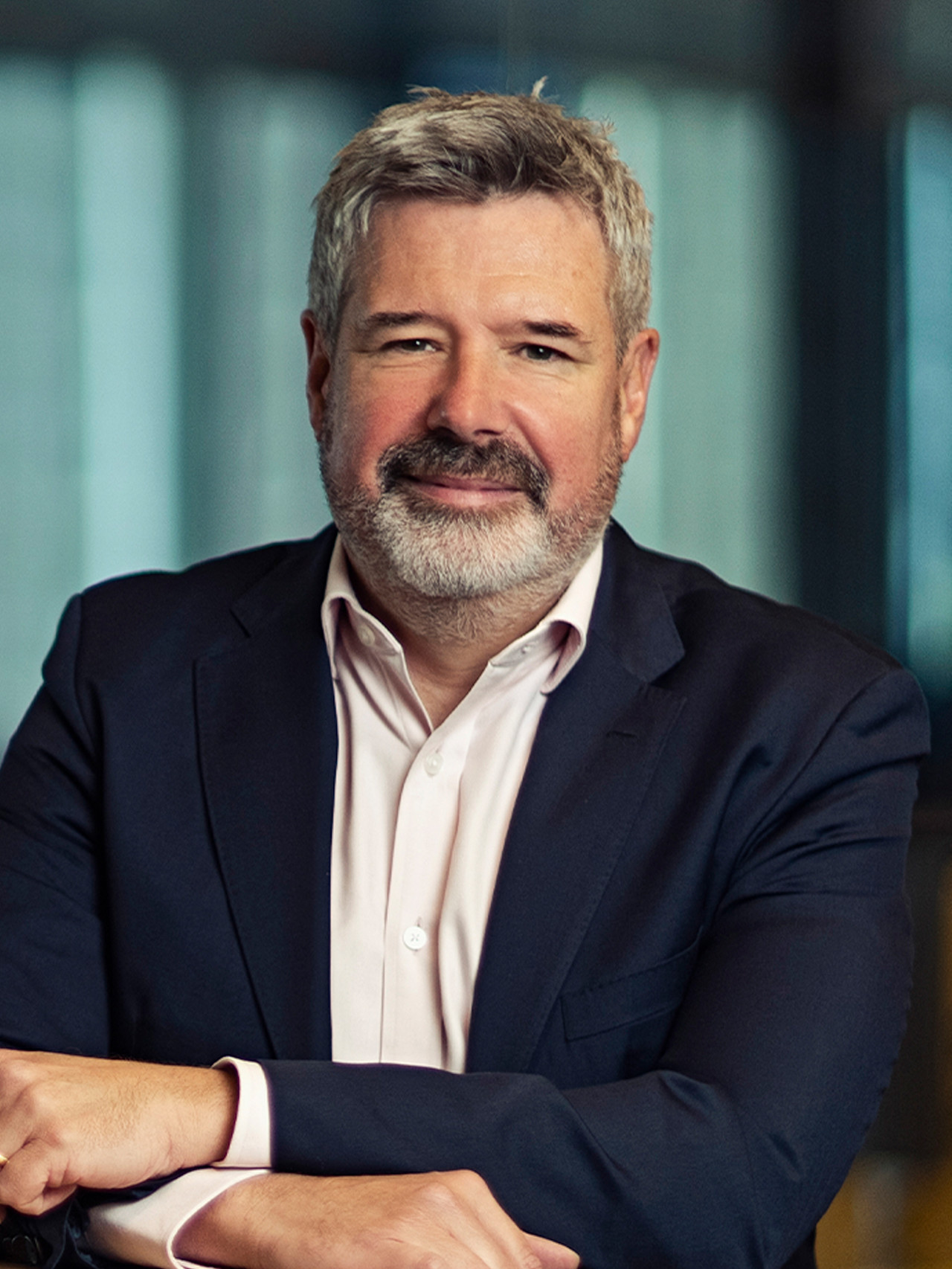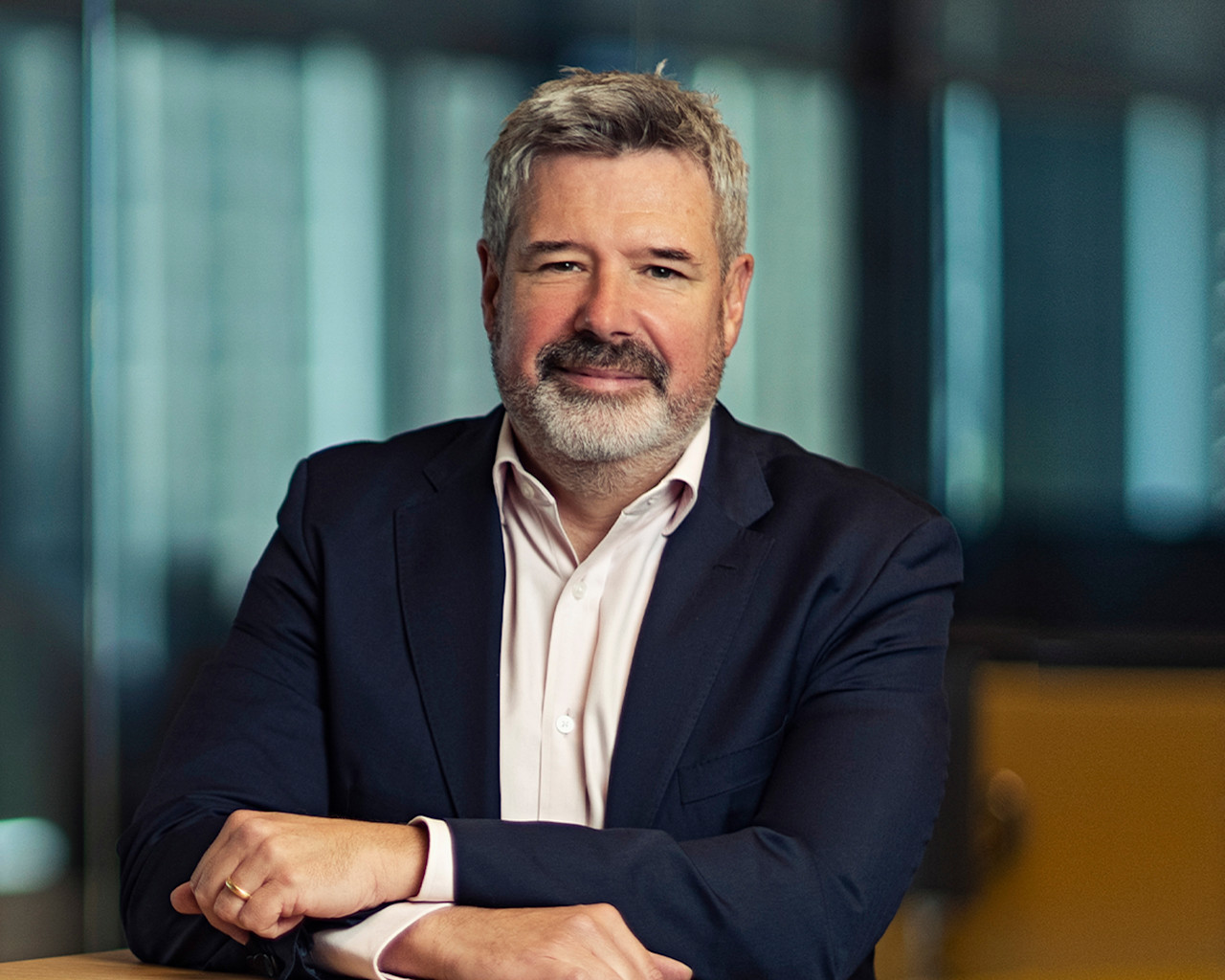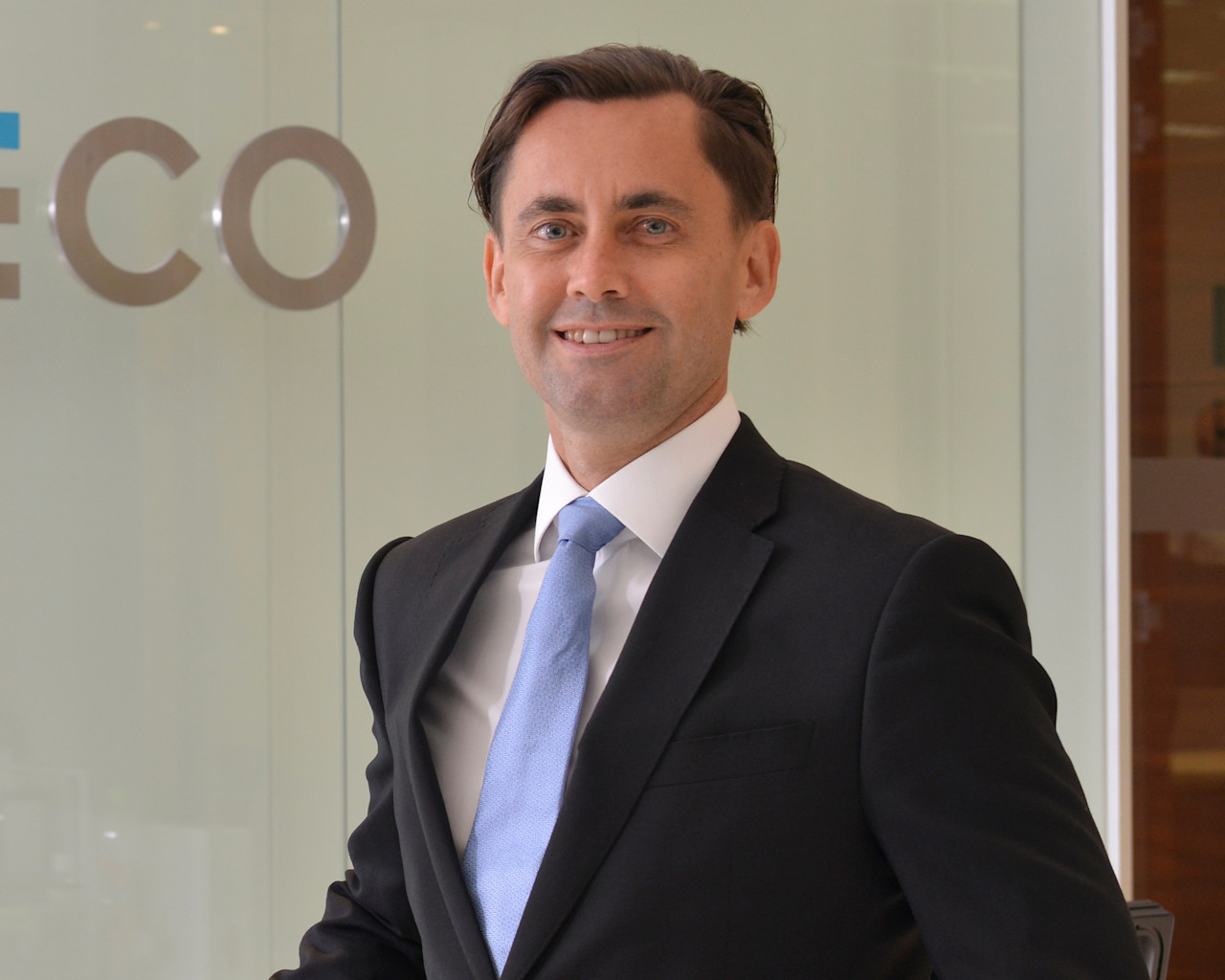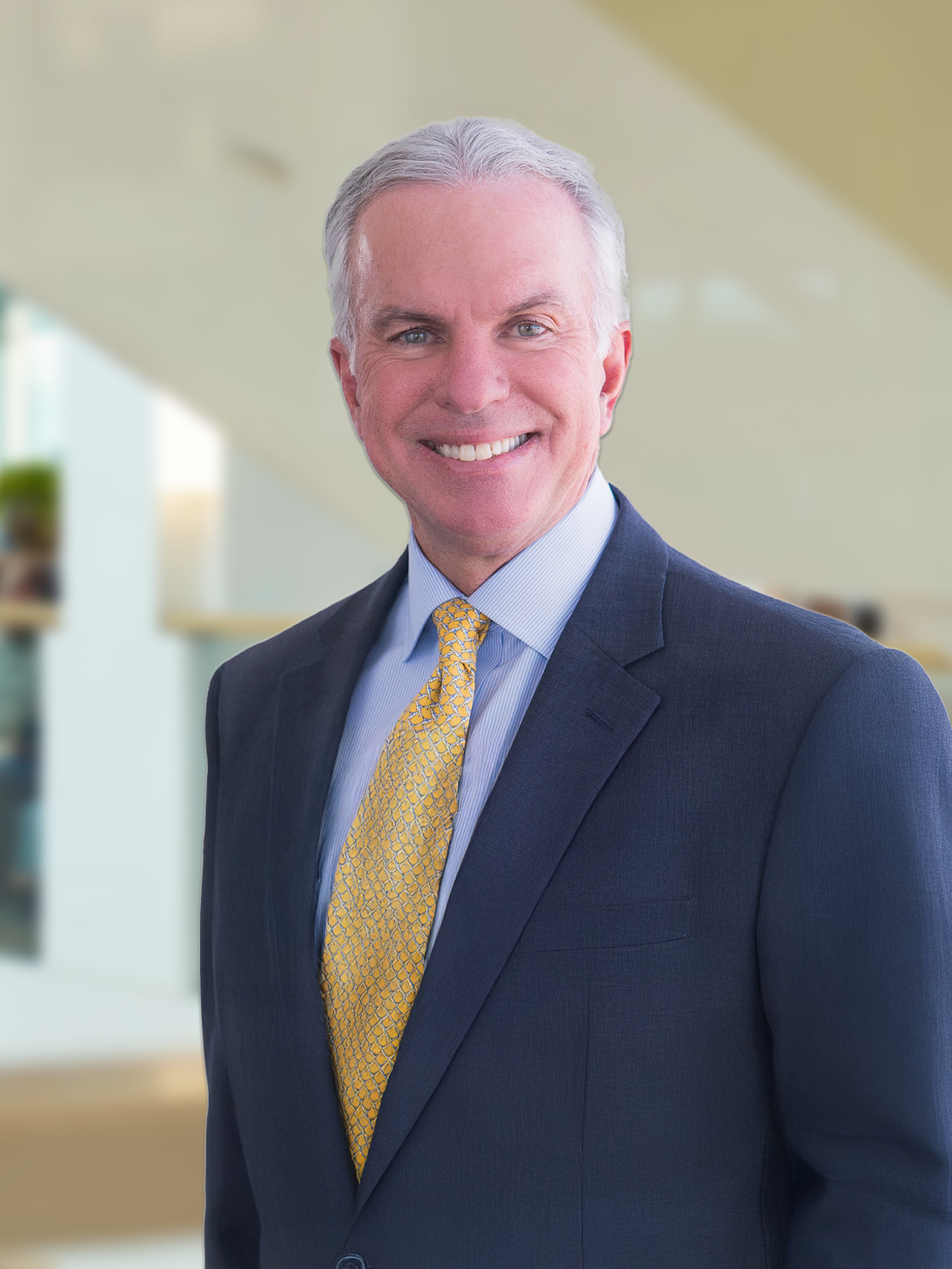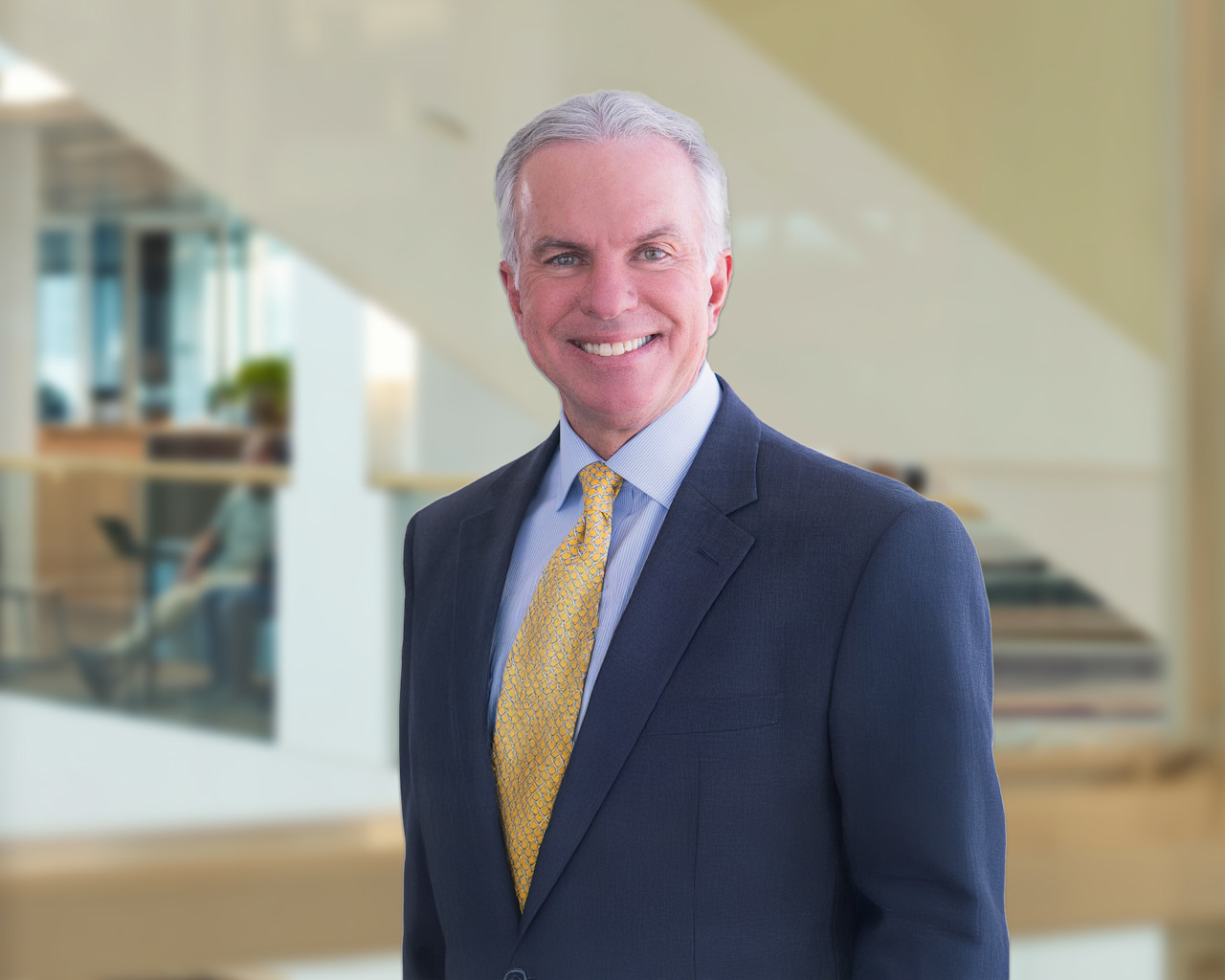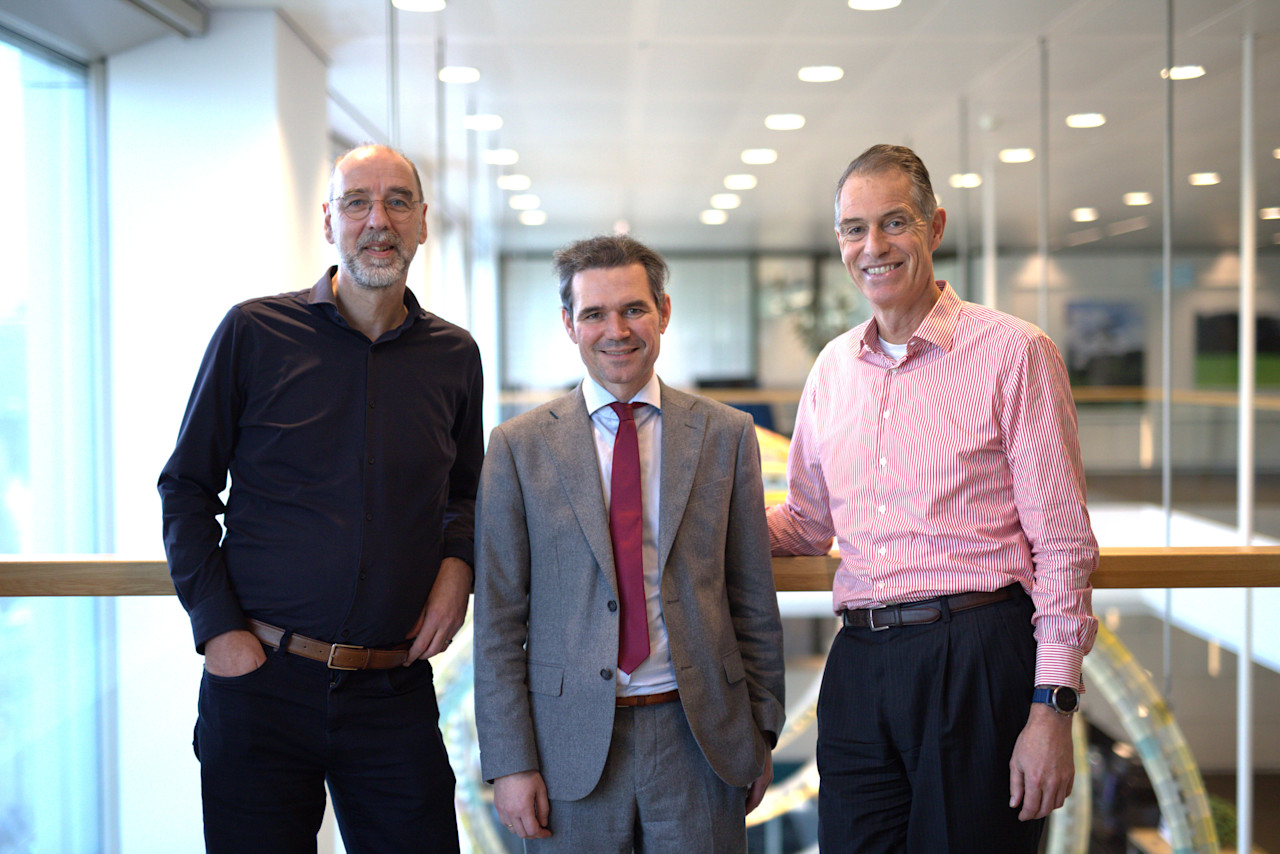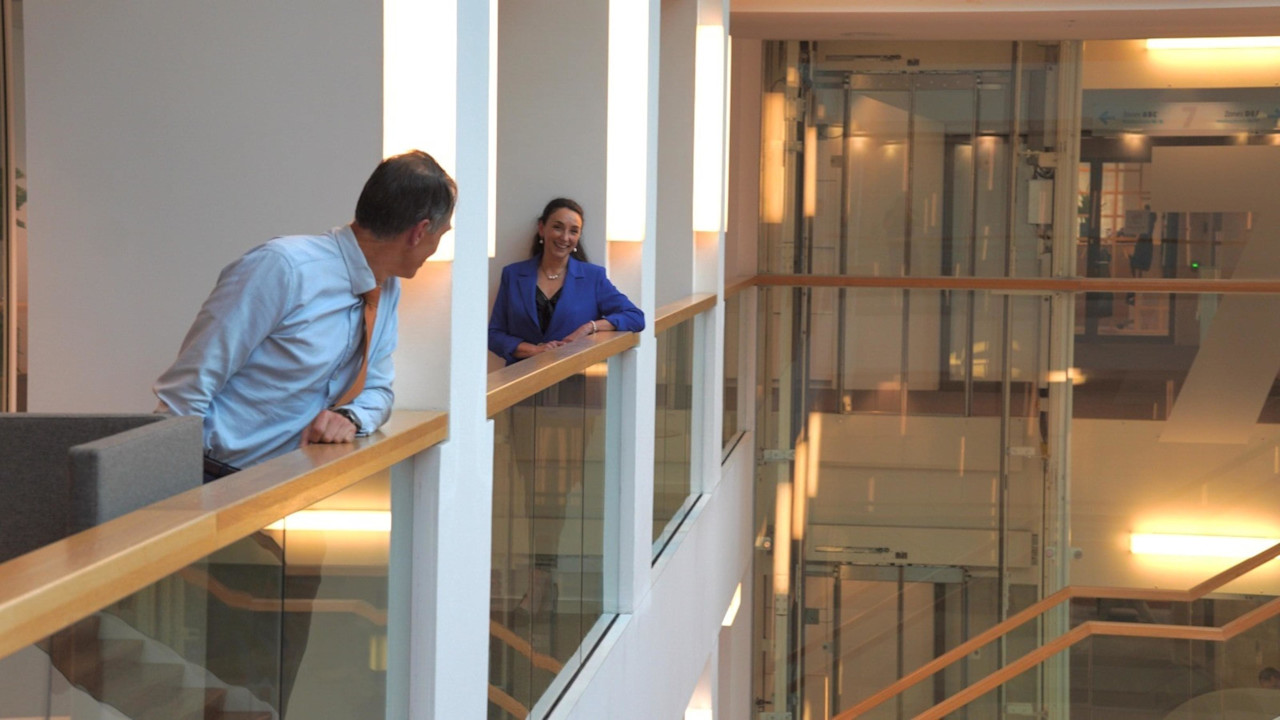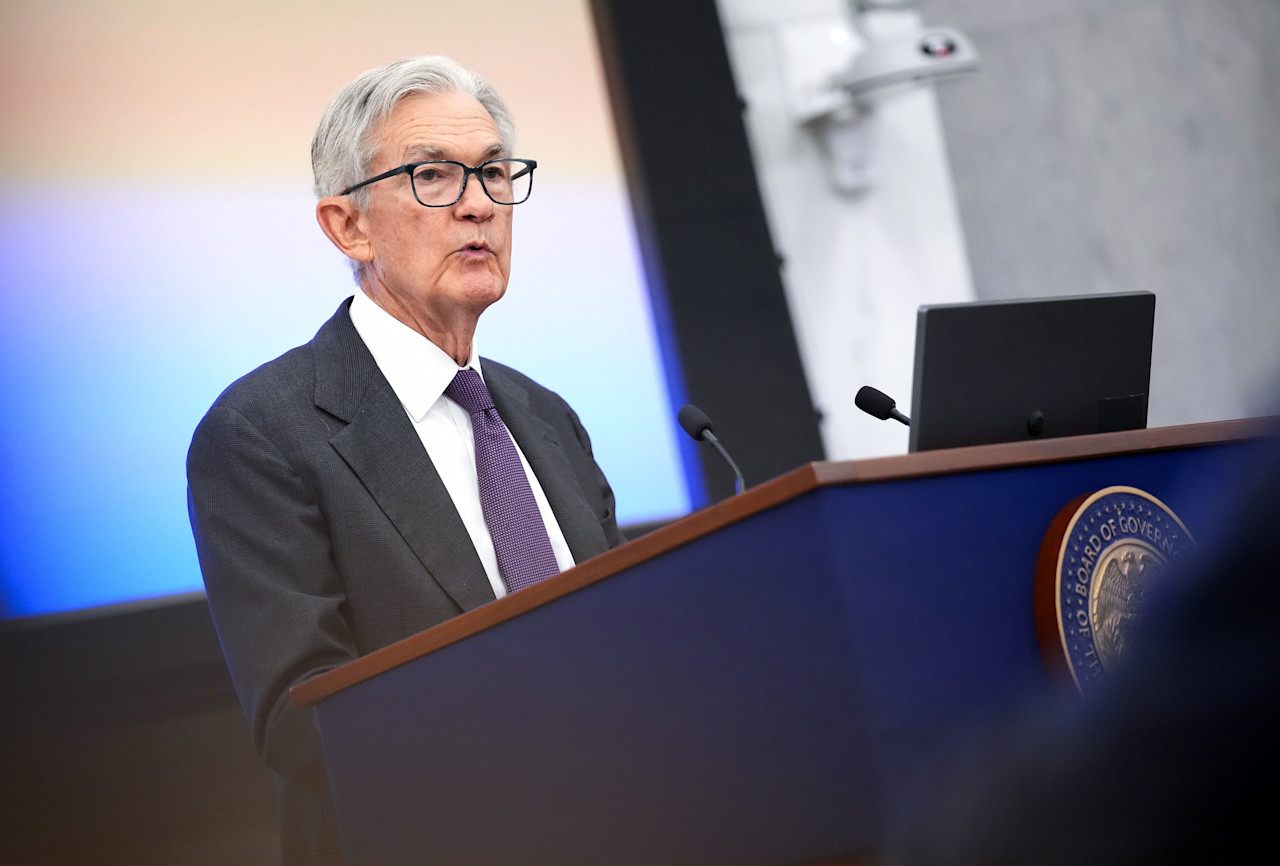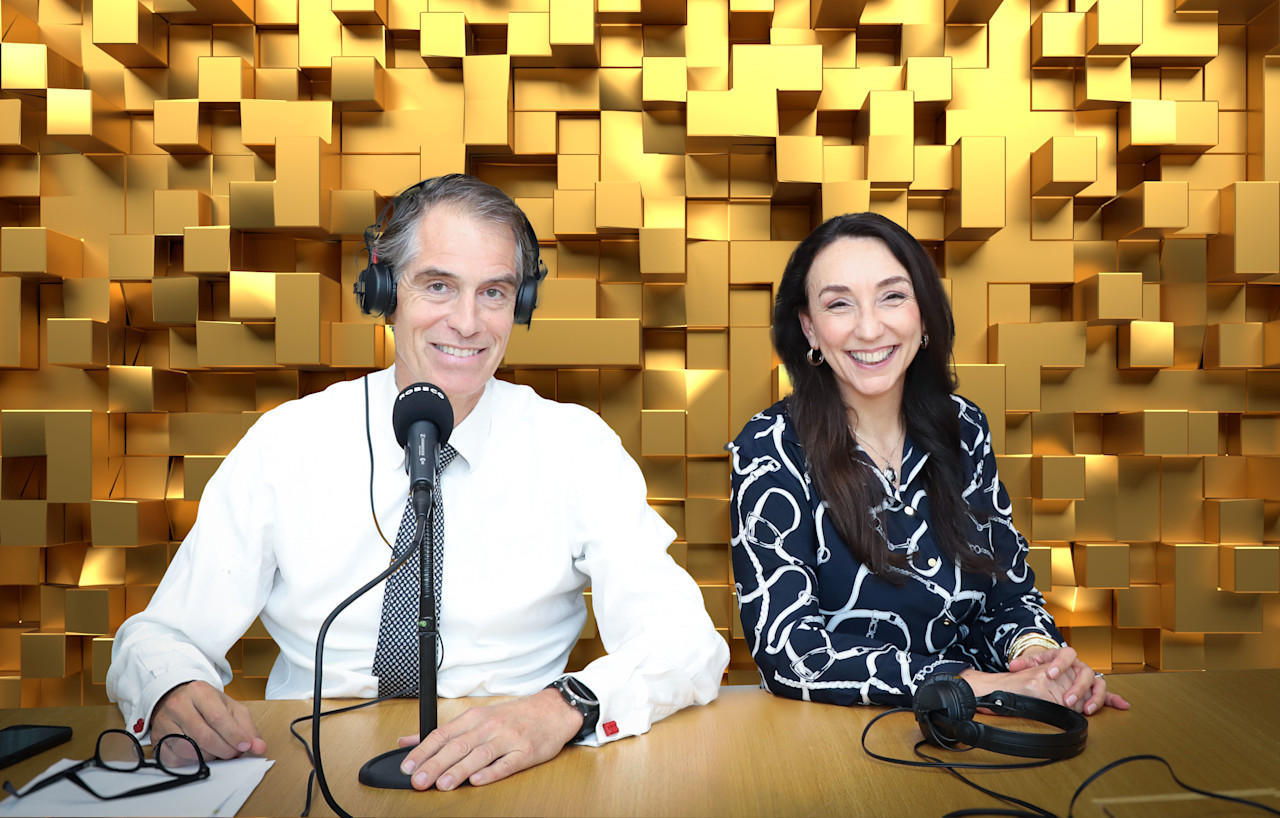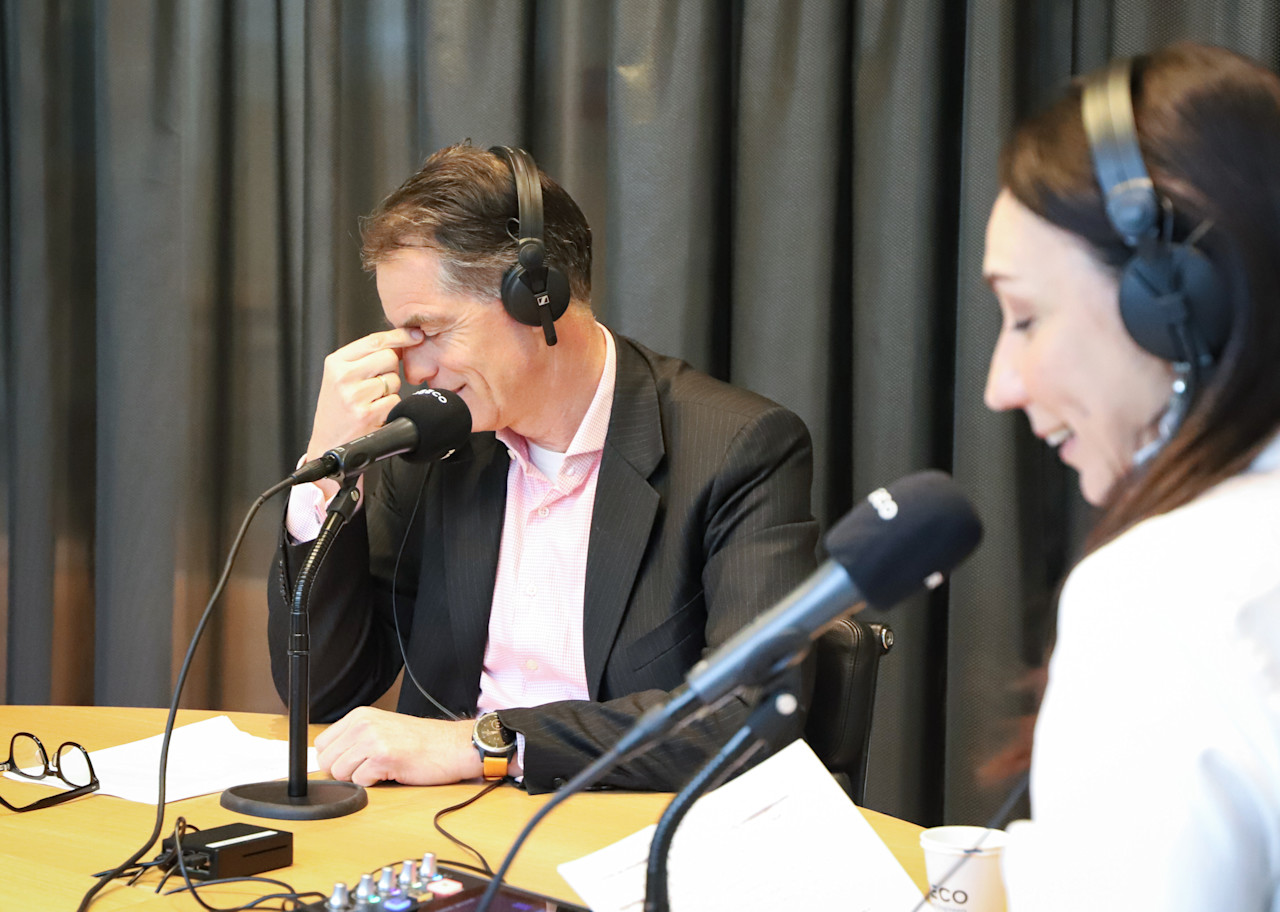Transcript
Voice over: This podcast is for professional investors only.
Erika van der Merwe (EM): Welcome to Robeco's market flash. US tariff policy has taken another dramatic turn, and financial markets are in their latest wave of adjustment to the news. Joining me from London to assess the latest market events is Colin Graham, co-head of Robeco's Investment Solutions business. Welcome back Colin.
Colin Graham (CG): Hey, Erika. It's good to be back.
EM: Yeah. And I'm sure you've had a tough night. You really sent out commentary early this morning. So what exactly has happened? And how are markets reading the latest developments?
CG: Well, we'll find out later in the week when things calm down. But initially, when we've talked about what was going to stop equity markets falling, that was either Fed rate cuts or increased liquidity like QE from the Fed, or indeed, Trump blinking on his tariff policies. And what we got last night was Trump has blinked and therefore has reduced tariffs on the rest of the world. But he has kept his tariffs – and he's actually increased the tariffs – on China.
EM: So why this radical about-turn in policy? I mean you said he's blinked. I've seen his political supporters having a completely different view, saying that it's just brilliant negotiation skills that he's shown here. So why the change?
CG: Well, the negotiation skills... Yeah. They're saying “Oh yes, he's got every leader around the world lining up outside his office to do a deal with him.” So, you know, I hate to say this, but Trump still probably thinks he's in some sort of reality TV show here. But unfortunately, there are real-world consequences for these decisions that he's making. So what's the about-face? The about-face is the bond market. So there is no put on the equity market. There's a put on the bond market from Trump. He realizes that higher lending rates causes the economy to slow. You know, he's a property guy. He understands that. So the bond market is very important. Plus the debt is held by the lower-income structures within the US. So, higher bond yields affect his base more than lower equity markets. The second one: there may have been some dissent within the Oval Office and within his party. So Bessant definitely had a conversation with Trump about the efficacy of what he was doing. Secondly, I'm sure his party told him “if you want tax cuts, then you're going to have to make sure we get the votes in Congress”. And at the moment, you could start losing votes and therefore this is not going to pass. Therefore, you better think about what you're doing. And then thirdly, you know, Trump's second objective has been to isolate China. And this is the mandate he's run on. And these tariffs are actually having the opposite effect. And actually countries were moving closer to China's orbit, and away from the US, rather than causing China to get isolated.
EM: Colin, picking up on the point around the US bond market – US long Treasury yields. So initially with the announcement of the tariffs, you saw US long bonds rallying. So yields coming down. So it was almost mission accomplished. This is positive for the US electorate. However, we've seen bond yields whipsawing since then. What do those swings say about market sentiment more generally, and to what extent, though, have some of these shifts been just for technical reasons?
CG: Yeah. So for multi-asset 101, the diversification between equities and bonds is your number one investment thesis. However with equity markets falling and bond yields rising – when I say bond yields rising I mean bond prices falling as well as equity prices – you know, this doesn't bode well from that perspective. We think there's been two reasons for that. We were talking to our Asian colleagues, who are much closer to the market out there, and they’re saying that there has been some selling of Treasuries as countries have been trying to protect their own economies, protect their currencies, and divest away from US treasuries. The second one is where we see margins rise, and the calls from brokers to post more collateral for leveraged positions at hedge funds. You know, we've talked about this in one of the earlier podcasts. The brokers and the clearinghouses are questioning whether bonds are necessarily enough collateral and whether you actually have to post cash rather than bonds. And so this has moved people to selling their bonds to get cash. And, you know, that's one of the reasons we saw such violent movements in the more fragile bond markets like Australia, the UK, New Zealand rather than Germany, who's still seen as a risk-free asset.
EM: But that begs the question, then, are Treasuries and US Treasuries in particular still a safe haven for global investors?
CG: I think in the short term, then you have to still assume that. However, there are cracks. And if you start saying that Treasuries are no longer a safe-haven asset, then you have to go back to your assumptions about your strategic asset allocation and all the views you have on risk premiums. And I think that will take a much longer time to seep into investors psyche than today. But you could see that there’s cracks appearing in the rock-solid Treasury market’s safe-haven status.
EM: But it also goes back to a point you made earlier this week in the first podcast. In this episode, Colin, where you said we could be facing a complete rehaul of the way the global economy and financial markets work.
CG: Yeah. And I think the blinking on the tariffs really sort of said, okay, we're not there. And we've seen such polar opposites that you get one little change, and then everybody runs from one side of the boat to the other side of the boat. But remember, the Titanic is still on a tariff course. So tariffs are still higher now than they were. So, okay, they're not as bad as announced. But as you said Erika, this is the art of the deal. And, you know, this is what's been lauded by the staunch Republicans saying, this is all part of the process.
EM: And part of the plan. Now, do you think there is hope for a negotiated de-escalation with China in particular. But of course there's Europe, there's Canada. So is there hope for this complete return to the way things were before. Can we put the genie back in the box?
CG: I don't think so. I think Pandora's box has been opened on this one. And Trump's just letting hope out as the final ghost to come out of Pandora's box. So, in our view, China seems very locked in to try tariffs and escalation here. They're very clear that they want to defend this. They see it as an existential risk to their way of life. And so, you know, I don't see any de-escalation there. Yeah, they might cut the tariffs back a little bit, but the direction of travel is set. Europe might be a bit more pragmatic. The Canadians, you know, I think they started this pushback. And I think they'll continue to push back. But what really highlights to me is that I don't think the Republican Party and Donald Trump really understand the cultures of these countries. And if he understood that, then I think he would think about making different decisions. So, let's watch this space.
EM: So with China willing to double down back. to fight this till the end, they've got the firing power to keep going?
CG: Yeah. And we've seen that they're having a meeting this morning, the Communist Party. And they are thinking about stimulus. And we know that presidency has gone to and is going to their trading partners in Asia and Southeast Asia. And this really means that China is very happy with the orbit that it's in. Yes, it's going to hurt, because the export part of their economy is not going to work. However, for many, many years, many economists have said that China has to rebalance away from manufacturing to more domestic demand. So this could speed up the process. And therefore, you know, that could actually make China a lot stronger in the future, because it's a self-sustaining economy. So it can create its own demand. And therefore you get the increased bipolar world that we've been talking about in our five-year Expected Returns for the last couple of years.
EM: So it's clear uncertainty remains. Confidence has sunk, it hasn't been rekindled. Businesses’ CapEx plans hang in the balance. Recession risk prevails. How do you read that? Are you willing to commit to, for instance, your growth outlook?
CG: So we've had a investor meeting already this morning. And, there was a difference of views around the table, which is great because we're a multi-asset team, so that's what you expect, but we're holding steady now. So we're underweight equities, we're underweight credit. And we have a long gold position and we're overweight cash. So we're more willing to see where this goes before we put a more defensive tilt on our portfolios right now. We think it could go further. But again, you know, we're at the mercy of announcements coming out of the US.
EM: Colin. Thanks. Great insights, as always from you.
CG: Thank you very much, Erika. Talk again soon.
EM: Yes. Well, perhaps. Hopefully not. Um, and to listeners indeed on that point, stay tuned for more market flash updates from Rebecca as the events unfold.
Voice over: Thanks for joining this Robeco podcast. Please tune in next time as well. Important information. This publication is intended for professional investors. The podcast was brought to you by echo and in the US by Robeco Institutional Asset Management, US, Inc., a Delaware corporation, as well as an investment advisor registered with the US Securities and Exchange Commission. Robeco Institutional Asset Management US is a wholly owned subsidiary of Orix Corporation Europe N.V., a Dutch investment management firm located in Rotterdam, the Netherlands. Robeco Institutional Asset Management B.V. has a license as manager of Ucits and AFS for the Netherlands Authority for the Financial Markets in Amsterdam.






